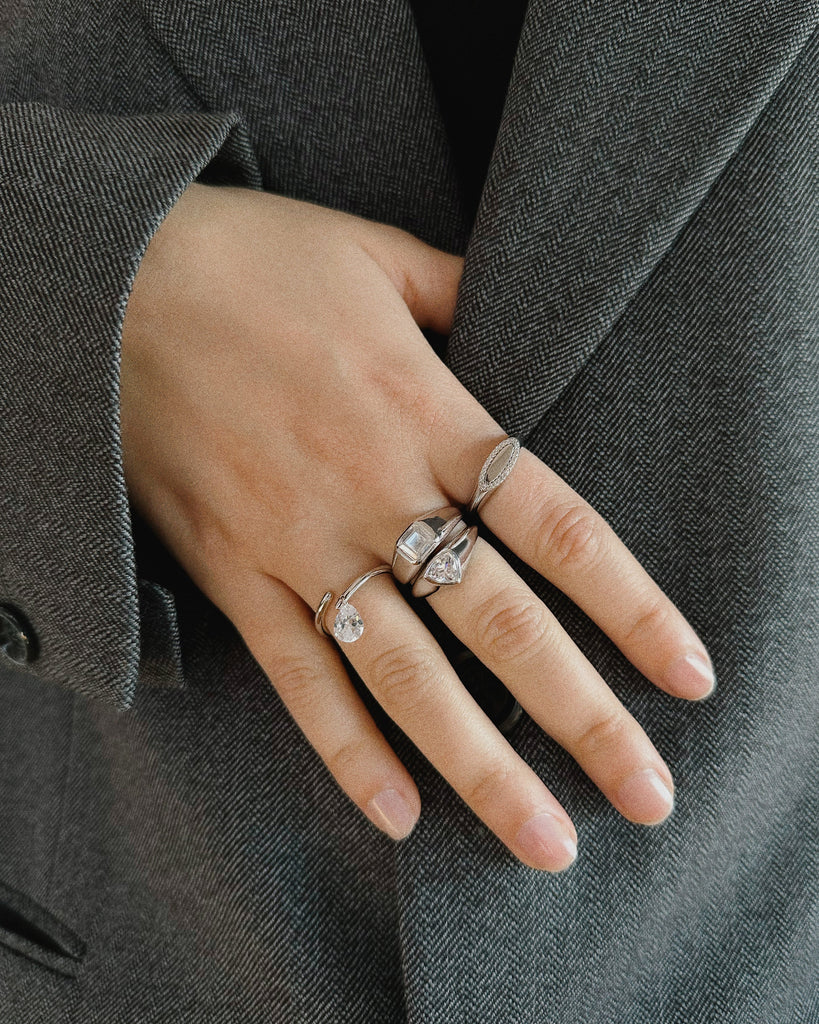She was only 15 when she got married. Her father offered her as a wife for his 60-year old friend after he became a widower. Despite the staggering age difference, she could count herself lucky as her husband was not abusive and did not hurt her or her children.
Ralia is only one among thousands of women in Africa who have a similar story. Today, she has a job for which she receives a fair wage and she can also send her children to school. This is thanks to Mercedes Cascajero and Lola Serra, who founded the Spanish non-profit organization Afrikable ten years ago with the mission to empower local women through work, education, and promote fair trade as a tool for change.

While Lamu attracts tourists for its mesmerizing ancient Swahili architecture and has a rich mix of cultures which includes Asian, Persian, Indian and European, most people ignore that the majority of its women and girls lack access to education, employment, and basic healthcare.
When Cascajero and Serra learned about this reality after a trip to Kenya with Oxfam Intermón, they turned their travel experience into their lifelong mission and created Afrikable. Currently, the organization has sixteen steady members working in Lamu and over 300 people have volunteered since its foundation.
In April of this year, the founder and three members of the PDPAOLA team visited its headquarters to see first hand the work of Afrikable and take part as volunteers. The experience was profoundly moving for everyone on a personal and professional level. There, the team met women that, more than a source of inspiration, taught them lessons beyond anything they had ever imagined.

"I didn't feel I was responsible with my statements,” says Paola Sasplugas, founder of PDPAOLA, "as selfish as it may sound, I needed to believe my own words, and that we are here not just to diffuse an idea but to fight for it."
In Lamu, the team stayed in the shamba, which is where Ralia and other women work, and where the volunteer accommodation is located. The area also hosts a baby care center, a children's school and a dining room.
Volunteers have many options for contributing. From working for gender-equality initiatives to teaching the mothers and their children. The idea is to employ the skills and knowledge of volunteers to help women and their communities. "In my case, I felt that I could add the most value by teaching English. A lot of these women are not allowed to study at all," explains Sasplugas.
Indeed, in Kenya and many other countries in Africa, boys have more right to study than girls. Moreover, women are frequently victims of abuse, rape and are forced to marry as teenagers. They have no autonomy and must rely entirely on their husbands. If the man leaves, which is often the case, the women are left alone to care for their children and with no means to support themselves.
"Women have very limiting beliefs about themselves because this is what they've been taught; it's what the society expects of them. There is a socio-cultural barrier that makes it very difficult for them to evolve. Afrikable is patiently fighting an uphill battle,” says Sasplugas.
Some of the programmes at Afrikable include talks about hygiene, sex education, women's rights and how to adopt healthy habits. The organisation also helps women receive a fair wage for making products like bags, skirts and jewelry that they sell to visitors directly, on the Afrikable online store and in markets in Spain, which are organized by the founders.
What I captured me about Afrikable is their insistence, how they keep pushing little by little to help the women believe in themselves so they can acknowledge their capabilities. It's about keeping the faith that change is possible. Lola is so perseverant and full of hope," says Sasplugas.
Afrikable gives working mothers access to a nursery school for their children. This not only secures the their jobs at the organization, but allows their kids to receive an education which is difficult to access. To enter the only primary and secondary schools that exist in Lamu, children are required to pass an examination.
"When you go volunteer, you end up getting way more than what you give in terms of learning, it's selfish in a way," says Sasplugas, "the experience teaches you so much about a culture and makes you aware of a serious problem, you end up appreciating everything you have in life so much more."
One of Afrikable's upcoming projects is to build a Maternity Home where they can offer the women adequate maternal and reproductive health services. Lamu is one of the areas with the highest maternal mortality rate in Kenya, where professional health personnel attend only 15% of deliveries. What's more, to access gynecological services, women have to travel four hours on a bus to find a qualified doctor.
"We genuinely want to help,” says Sasplugas, "as a brand, the best way to contribute is to create jewelry and to donate a percentage of the sales to Afrikable so they can continue to do their job the best they can."

